The director of the Ethos Chair at Ramon Llull University situates the reality of the Sustainable Development Goals (SDGs) in the field of education, values and the pandemic.
Francesc Torralba, a philosopher and theologian, regrets that the needs to cover the social, economic and emotional crises unleashed by COVID-19 are a new obstacle that will slow down the achievement of the Sustainable Development Goals (SDGs), but he also highlights that the pandemic comes with lessons learnt: we are vulnerable and interdependent.
From a privileged position, and based on observation, at the Ethos Chair of the Universitat Ramon Llull, where do we find ourselves with regards to the SDGs? What have we learnt and un-learnt during these times of pandemic?
We’re living in a context of much fatigue among educators, teachers, families, healthcare workers, social organisations… This pandemic is very long and leads to fatigue and tiredness. It is also true that we can learn lessons from the pandemic even against our will. Lessons that we should allow to sink in, including the idea of vulnerability: we have realised that we are fragile, and we need to take care of ourselves and the people around us.
Another very important lesson is the idea of interdependency: the pandemic started far away, in China, and we didn’t believe it could reach us, but it did. We live in an interdependent world and we can’t remain indifferent to what happens far away. We live in a network society that is interdependent and forces us to be co-responsible. We are vulnerable and interdependent.
How does this impact on children’s education? Or how should it affect it?
If boys and girls, teenagers and youths learn that we are vulnerable, they will avoid the sense of failure and breakdown. If you know that you are vulnerable you will protect yourself better from certain life styles, consumerism, the speed at which you drive, the type of substances you take…You take better care of yourself and this is a survival mechanism. There are many risky life styles and daring ways of living because youths and teenagers think this will never happen to them.
And the second element I pointed to, interdependency, helps us step away from individualism. If you know that everything is interdependent, you’ll need to think about how you manage ecologic resources and the noise you make at night, not parking in a double row because this affects other people. It’s about having a sense of community, that you don’t live alone and aren’t an island. When this sinks in, you live in a much more civic way.
Not polluting is a global objective, but landing an objective could be refraining from making noise or not parking in a double row…
We need big goals to be there, but we must also know how to translate them into smaller goals that can be concrete and also lead us to self-examine ourselves. We must be able to generate awareness and ask ourselves questions: how do I treat people who aren’t like me? Those who don’t speak like me? Examining our behaviours is key: you must reach conclusions and, if they are bad, you then need to change your way of living.
Do people really examine themselves?
Not much. To do this, we need time, we need to take time off the millions of urgent things to do and the millions of messages we receive. Often we only react to external stimuli: we’re like a fire fighter rushing to put out a fire. Examining ourselves is not habitual and we’re sometimes scared of it
Don’t we even do this in the field of education?
I’m a big defender of tutorship. We place a lot of value on what happens in classrooms, but I think it’s essential to move to tutoring. In a one-on-one session with a child is where you can engage in a Socratic dialogue: you get them to think, you question them, you encourage them to think about their life project, what they want to do with the skills and talent they have…and this is where you can bring this self-examination onboard, in a discreet setting where there is trust and confidentiality.
For sure teachers will say that to do this you also need time…
Indeed, you need to make time for the person sitting in front of you and make them think and time is not always abundant. Even more so now with the COVID-19 pandemic when we have many tasks to do and those that entail reflexion and analysis are left aside for later.

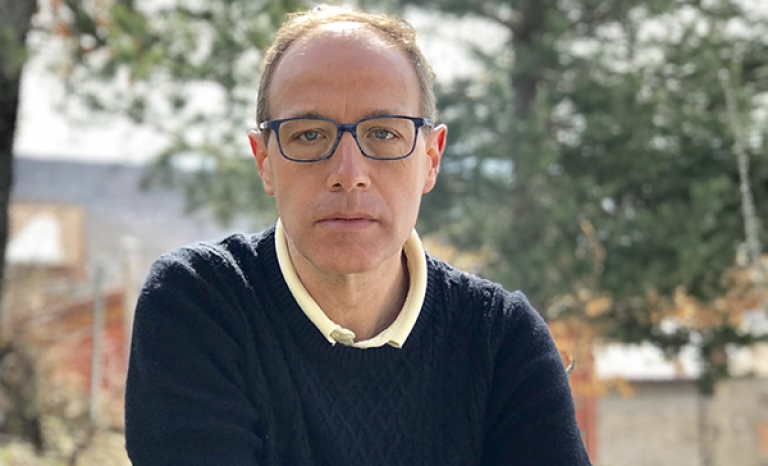
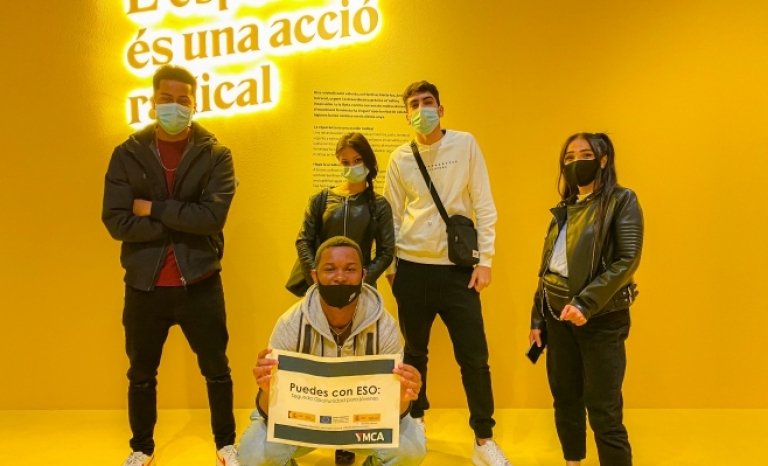
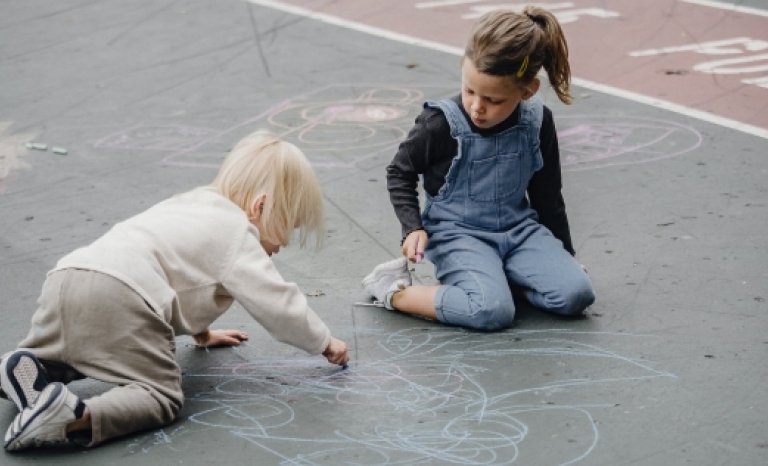
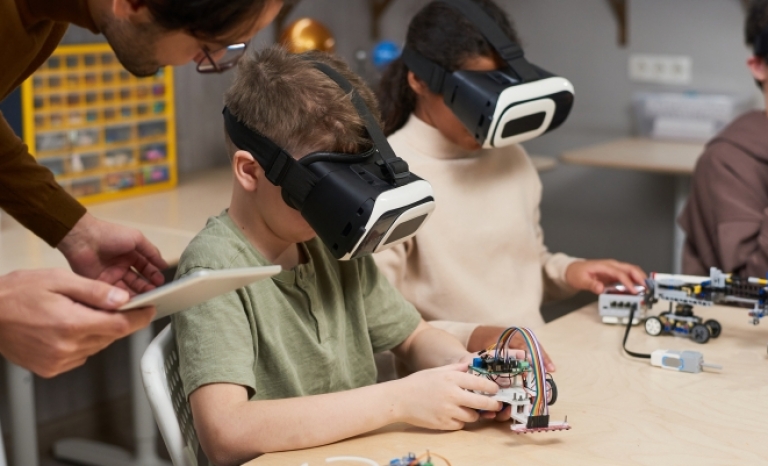
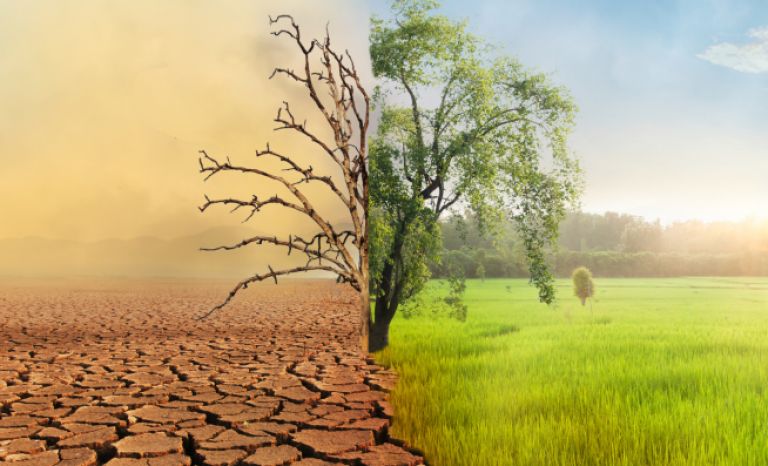



Add new comment